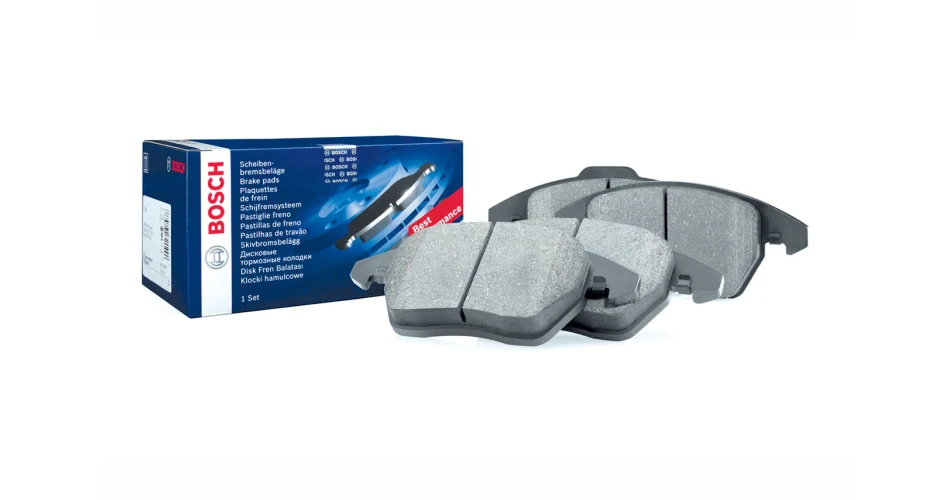The ECE-R90 directive is recognised as a sign of quality in braking components. However a study highlighted by Bosch shows that quality cannot be taken for granted.
In 2024, PROSAFE, an organization for market surveillance authorities in the European Economic Area, conducted a study in cooperation with market surveillance authorities in other European countries, to test the compliance of brake pads with the ECE R90 type approval. The European directive ECE R90 has been considered a quality feature for brake pads in the spare parts market since its introduction in 1999. Since November 2016, it has also been valid for brake discs of newly registered models and compliance is therefore required by law.
A total of 51 brake pad sets for vehicles up to 3.5 t were tested. Only 23 of them (45 %) passed the two tests of cold braking and speed sensitivity. These are important to ensure friction stability in different braking situations and at different speeds and to prevent irregular braking behaviour. 12 % of pads tested failed both tests, 27% failed cold power equivalent tests and 16% failed speed sensitivity tests.
Bosch brake pad sets were among the products that passed both tests, with performance close to that of the original equipment. For Bosch, the results of the study confirm the performance of the brake pads and its own brake tests. These are more extensive than the tests for shear strength, pressure sensitivity, speed sensitivity and temperature resistance required by ECE-R90.
To ensure the resilience and service life of the brake pads, Bosch also tests temperature sensitivity, braking efficiency reduction (fading), thermal conductivity, brake vibration, noise behaviour and wear, and simulates extreme braking situations.
In this way Bosch can guarantee the quality of its pads to ECE-R90 standard and beyond making them the perfect choice for both drivers and garages.
